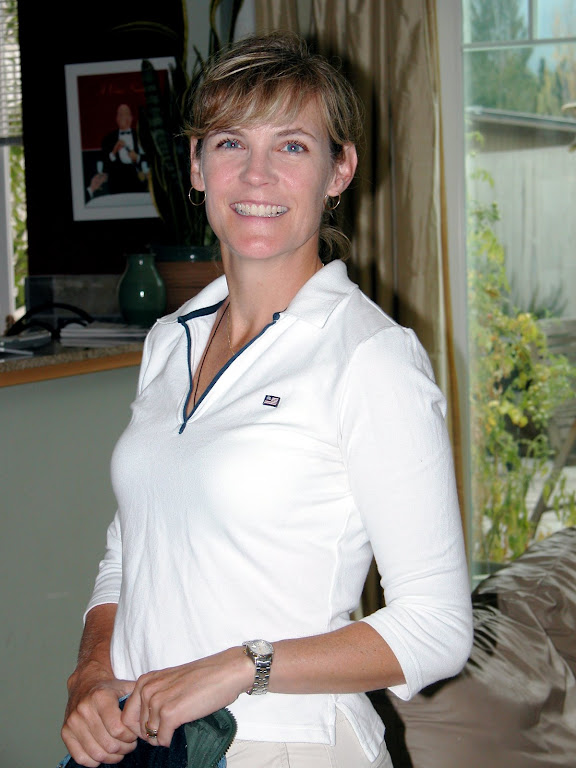
I've been trying to figure out why I get easily confused by our ways of doing things in the late 20th and early 21st centuries. You'd think that on approaching three score and ten years that maybe you should have seen or heard most everything and I suspect I have but most of the confusing stuff takes place in the last ten or twenty years. So much so that I've been thinking about a long essay entitled Then and Now, comparing the way things used to be and are now.
I think I've figured out that something happened in the 60s that I wasn't paying attention to because I was totally occupied trying to learn how to be a doctor for the whole decade. But for the life of me I can't figure out what. We thought one way in the late 50s when I was in college and then when I finished my medical training and looked around in the early 70s I felt like Rip Van Winkle because it seemed like everyone thought differently.
I thought maybe it was the assassinations of the Kennedys and Martin Luther King but that sort of thing has been going on for a long time now. The Vietnam War was an important part of the 60s but that doesn't explain a lot of what came later. Of course it wasn't what the politicians were doing and the student revolutionary wannabees were derivative as well. Hmm.
Comes now Father Dwight Longenecker who suggests that the contraceptive pill developed in the late 50s and generally available in the early 60s may have been responsible for much of the craziness we have almost become used to nowadays. He even suggests that the recent economic collapse had its origin in the different ways of thinking pre- and post-Pill availability. He suggests that we began to think we could have anything we wanted and yet avoid all the usual consequences of those actions. It seemed to be true with regard to sexual behavior.
Then fast-forward to the last decade's economic wizardry: "We told ourselves that we could have anything we wanted instantly simply by taking out another loan. If we were the lenders, we insured ourselves against loss in case those loans were not re-paid. The responsibility could always be shifted. The 'problem' could always be solved. Paying the price could always be delayed. We could just re-finance. Just as we got instant sexual gratification for free, so we thought we should have everything else instantly for free." That's probably not the whole explanation but it might be closer to the mark than a lot of other things.










4 comments:
Someone recently asked me what I thought was the thing or event that defined the time in which I live. I instantly said the pill.
Someone recently asked me what I thought was the thing or event that defined the time in which I live. I instantly said the pill.
Thanks Billie, you were smarter than I am X 2 too. Did you realize that in the 60s? Oops, you don't have to answer that question. It's almost like working backward from a hurricane and finding out that some change in the way they harvest coffee in Brazil eventually led to the hurricane. I think there must be a few other things that went on in the 60s that contributed to but I was in a daze in those days. Perhaps I've never really recovered.
No, I didn't realize that in the 60's but that is what I think now. And it isn't just the "sexual revolution." I think that once women had control of reproduction, they went for lots of other things like entering professions that had been closed to them, equality in pay (still don't totally have it). For women, the pill made a huge difference in what they could expect in life. BTW, I never took the pill.
Post a Comment